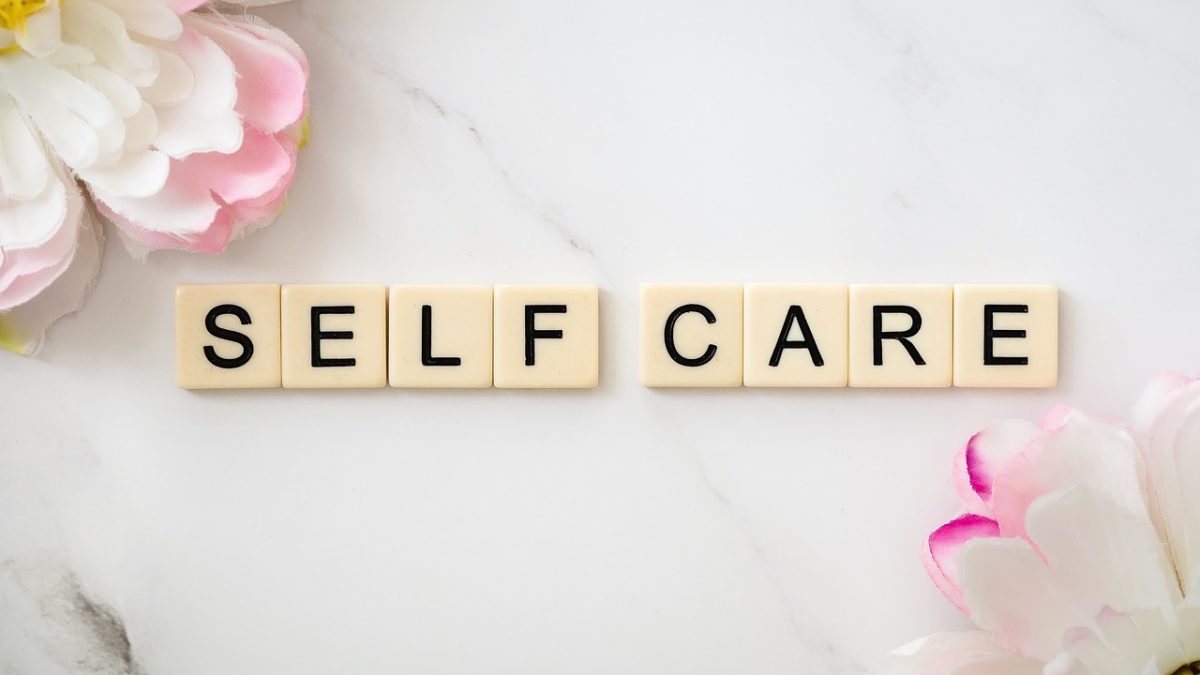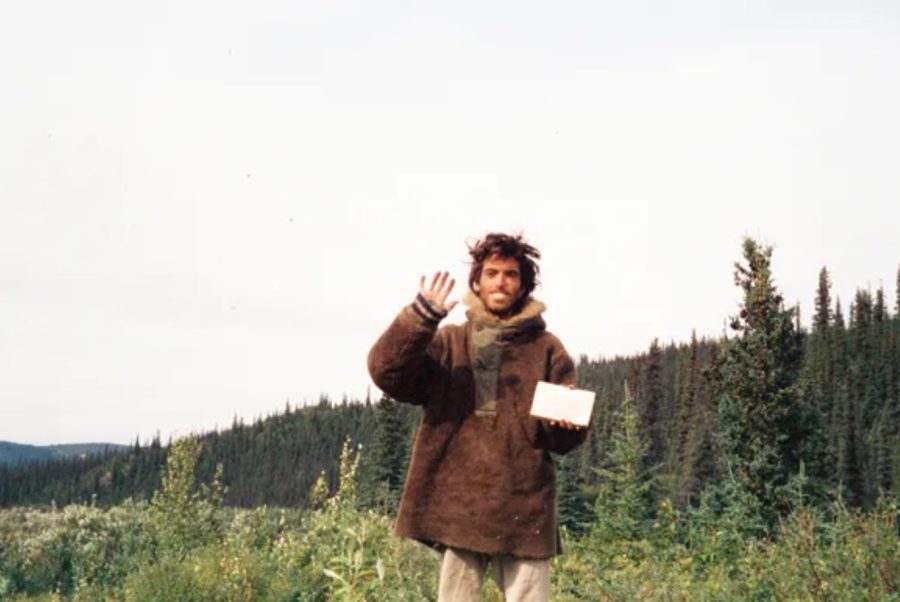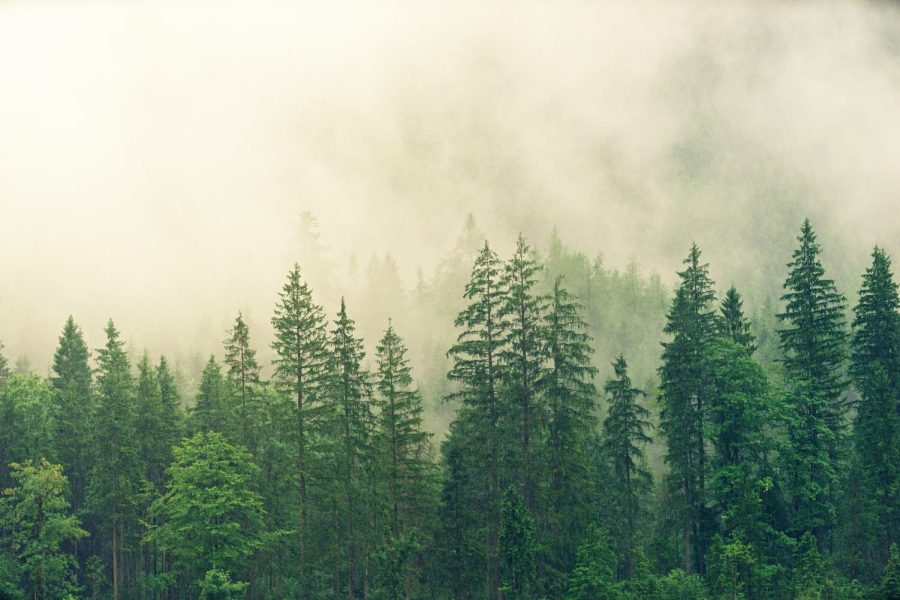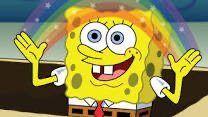Over time, the definition of heroism has changed. What constitutes as a hero reflects the ideals of the society as well. From the beginning of history, great kings like Gilgamesh and Odysseus have been hailed as heroes. These God-like men journey across the world to save humanity from destruction. In fact, Gilgamesh was a deity himself, and was ⅔ divine. So men like these- real or mythical- were so superhuman, they certainly were hard for the citizens of that time to fully relate to.
Flash forward a few thousand years later, Julius Caesar was a popular figure from Roman history. A popular general, he was celebrated by the mass. Though offered the imperial crown, Julius Caesar did not live enough to accept the offer from the senate. Here, the hero had a closer connection to the people, presenting a developing difference from earlier definitions of a hero. However, Caesar’s god-like aura detached him figuratively from the masses. The continuity in defining national figures such as Caesar, Charlemagne, and Elizabeth I continued to more recent times such as the Napoleon Bonaparte.
The wide array of social issues in the 19th century, such as the women’s rights movement, allowed for the rise of more down-to-earth and realistic heroes, as opposed to heroes that represented military triumph and national glory. The representatives for women at the Seneca Falls Convention in 1848 were hailed as early heroes who spoke for the rights of women such as Elizabeth Cady Stanton and Lucretia Mott. Simultaneously, the public took on the hero’s cape and led demonstrations across Europe in a frenzy for liberalism and constitutionalism.
In the 20th century, decolonization became the main political focus for many former colonies around the world. Leaders of the movement for decolonization, such as Mahatma Gandhi, rallied for their people for independence. His peacefully protests, such as the Salt March, earned recognition worldwide. Similarly Martin Luther King, utilized similar protest methods in his participation in the Civil Rights Movement. Both MLK and Gandhi are hailed as heroes who spoke for people who lacked a voice in their respective society.
The Coronavirus distinctively marks the beginning of the second decade of the 21st century. Who are the heroes this time? The answer is healthcare workers around the world– doctors, nurses, and carers have become the stars. People whose faces are covered with masks and are left red and marked from wearing personal protection equipments for hours and hours are hailed as heroes of the century. They help the sick and stay at work as essential workers when everyone else is safely at home. Unlike the famous figures throughout history, the world at large many not know the names of each individual worker, but their legacies are written in the hall of fame of great heroes.






